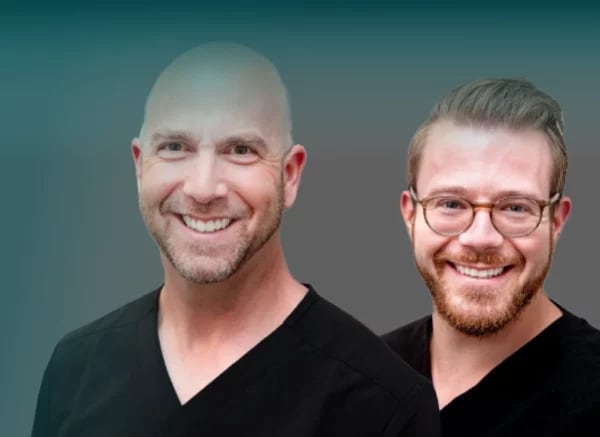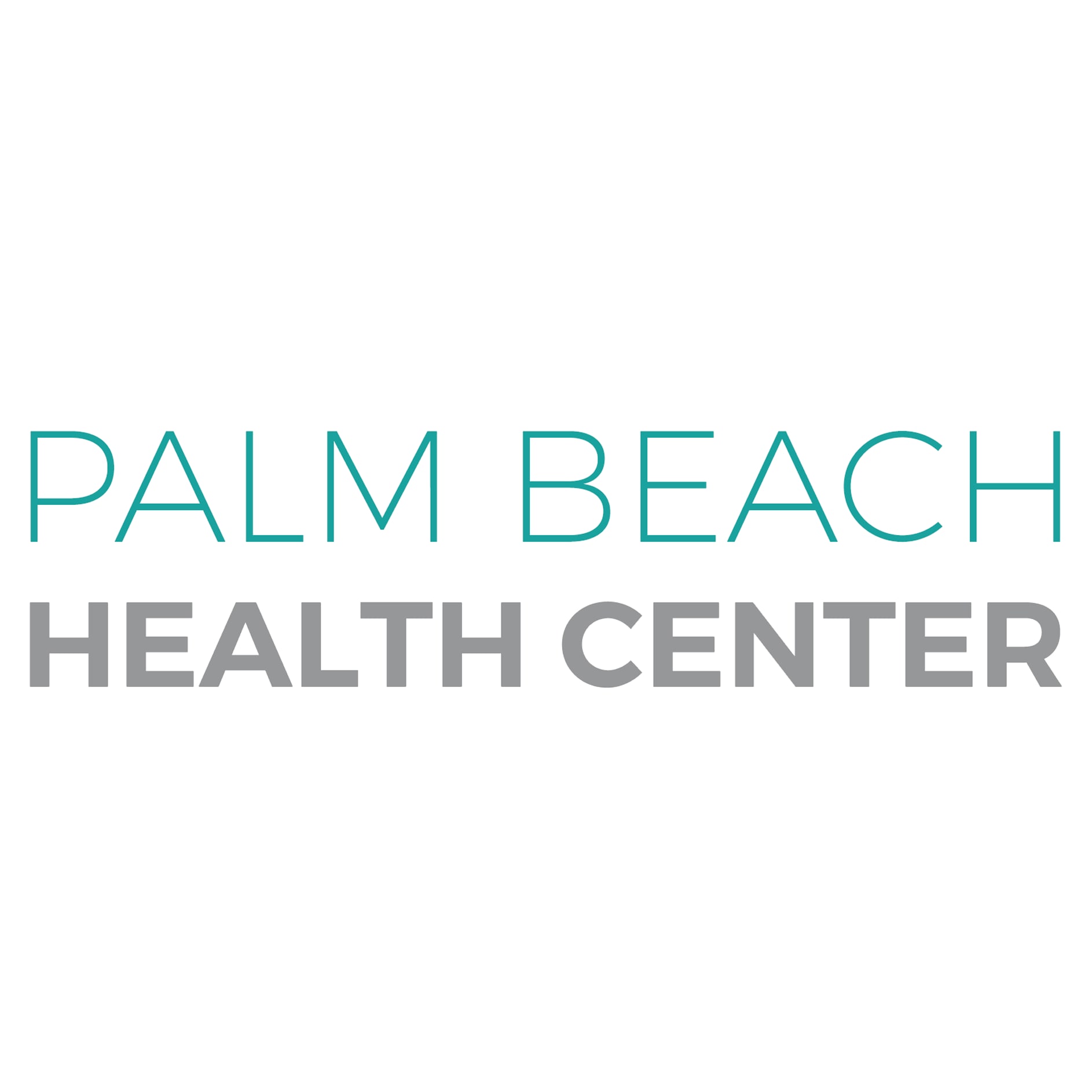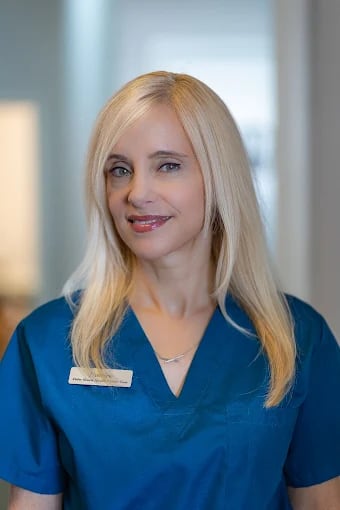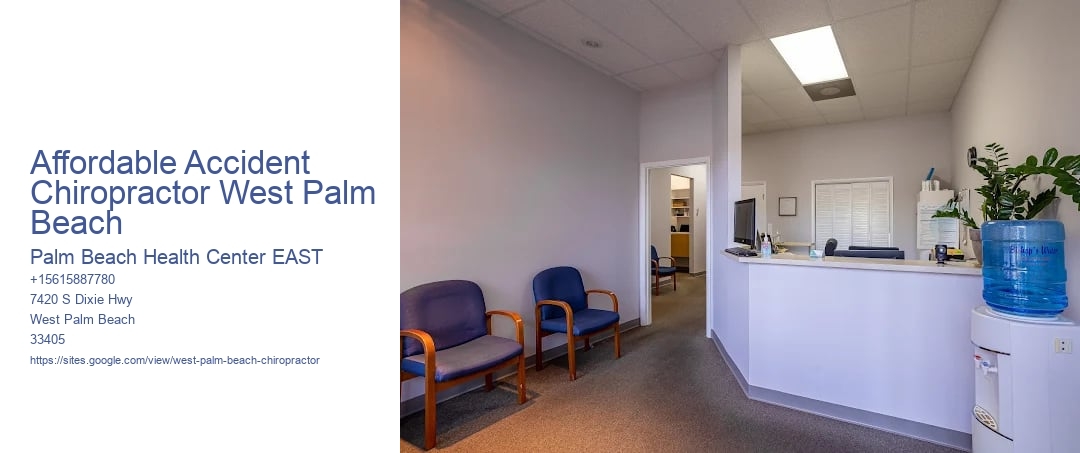Alternative medicine describes techniques that intend to accomplish the healing effects of traditional medication, however that generally lack biological plausibility, testability, repeatability, or sustaining evidence of performance. Such methods are generally not part of evidence-based medication. Unlike contemporary medication, which employs the scientific technique to check probable treatments using responsible and honest scientific trials, producing repeatable evidence of either result or of no impact, different treatments reside beyond mainstream medicine and do not originate from making use of the clinical method, however rather rely on reviews, narratives, faith, tradition, superstition, belief in supernatural "energies", pseudoscience, mistakes in reasoning, publicity, scams, or other unscientific sources. Regularly used terms for appropriate methods are Brand-new Age medication, pseudo-medicine, unconventional medication, all natural medication, edge medicine, and unusual medication, with little difference from quackery. Some different methods are based on theories that oppose the well-known science of how the human body jobs; others appeal to the superordinary or superstitions to discuss their effect or lack thereof. In others, the practice has reliability but lacks a favorable threat–-- benefit outcome likelihood. Research study into different therapies commonly falls short to adhere to appropriate study methods (such as placebo-controlled trials, blind experiments and estimation of previous likelihood), offering void outcomes. Background has actually revealed that if a method is shown to work, it ultimately discontinues to be alternate and comes to be conventional medicine. Much of the perceived effect of an alternate technique emerges from an idea that it will certainly be effective, the sugar pill effect, or from the cured problem settling on its own (the natural program of disease). This is further intensified by the tendency to transform to alternate therapies upon the failure of medicine, whereupon the condition will certainly go to its worst and more than likely to automatically improve. In the absence of this bias, particularly for diseases that are not anticipated to get better on their own such as cancer cells or HIV infection, multiple research studies have revealed substantially worse end results if clients turn to alternative therapies. While this might be due to the fact that these patients stay clear of effective therapy, some alternate treatments are actively damaging (e. g. cyanide poisoning from amygdalin, or the willful intake of hydrogen peroxide) or actively disrupt efficient therapies. The alternative medicine industry is a very successful market with a solid entrance hall, and encounters far less policy over the use and marketing of unproven treatments. Corresponding medicine (CENTIMETERS), corresponding and alternative medicine (CAMERA), incorporated medication or integrative medication (IM), and alternative medicine attempt to integrate alternative practices with those of mainstream medication. Standard medicine practices become "different" when used outside their initial settings and without proper scientific description and evidence. Alternate methods are frequently marketed as even more "natural" or "all natural" than techniques supplied by medical science, that is in some cases derogatorily called "Large Pharma" by fans of natural medicine. Billions of dollars have actually been invested researching alternative medicine, with few or no positive results and many techniques thoroughly disproven.
.



